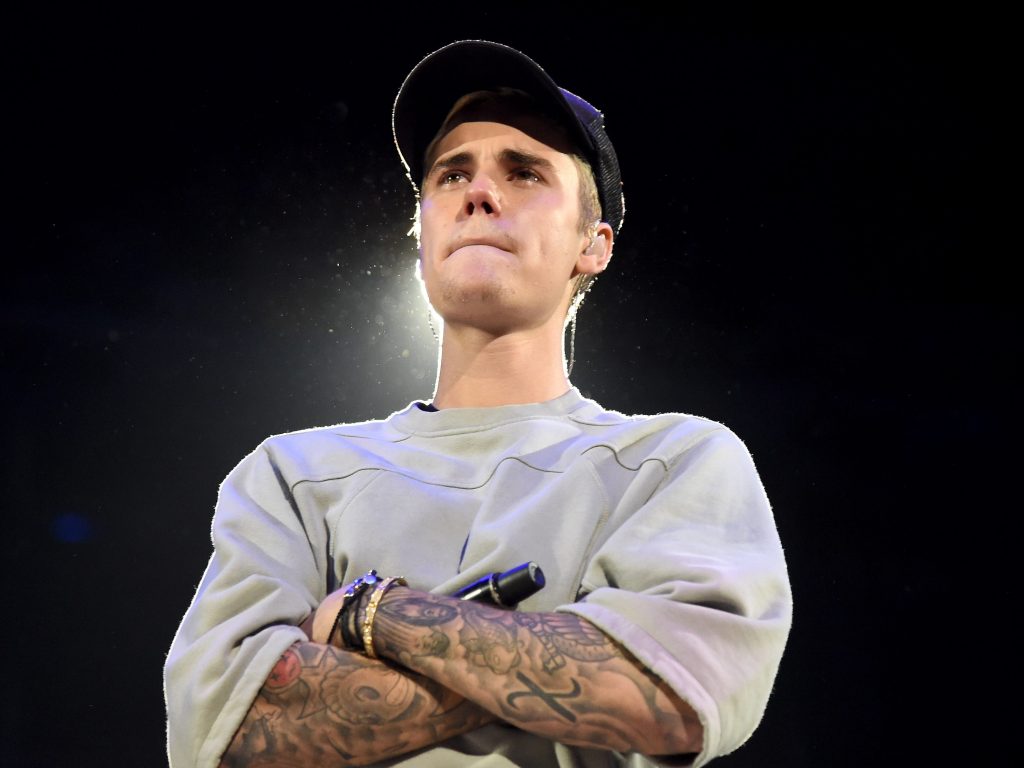- Justin Bieber announced recently he had Ramsay Hunt syndrome, which paralyzed his face.
- Doctors say he has a very good chance of full recovery, especially if he got treatment early.
- Other people with the syndrome, though, can take a long time to heal, and some never do.
Recovery from Ramsay Hunt syndrome — a condition that has recently affected singer Justin Bieber — is very slow and not all patients recover fully.
But doctors say Bieber has every chance of avoiding long-term symptoms, especially if he got treatment early. Here's why:
He's young and his symptoms aren't too severe
The 28-year old Canadian singer announced on Instagram Friday that was canceling a series of shows after the syndrome left him with half of his face paralyzed.
Ramsay Hunt is a rare complication from the virus that causes chickenpox and shingles, as Insider's Gabby Landsverk reported.
Dr. Anna Pace, a neurologist at the Mount Sinai Center for Headache and Facial Pain, told the "TODAY" show that young and healthy people have the best change of recovery.
It is also "good sign" that Bieber only experienced partial facial paralysis, Dr. John Oghalai, chair of the Department of Otolaryngology at USC Keck School of Medicine who treats patients like Bieber, told Rolling Stone.
This is "very promising" and suggests he will have a "speedy recovery," Oghalai said.
The more severe the paralysis, the lower the chance that the person will regain full function, according to the charity Facial Palsy UK.
Treatment helps — a lot
It was not immediately clear whether or how Bieber had been treated; but most patients are given medical care once they make their condition known.
Not all patients recover fully from the syndrome, but treatment greatly improves the chances of getting better, according to Pace.
Usually people get steroids and antiviral medication, ideally within the first three days of having symptoms, she said.
If people get treatment within those three days, the chance of full recovery is 70%, per Facial Palsy UK. After that, treatment is still effective, but the chance of full recovery drops to 50%, the charity said.
With no treatment at all, the chance of full recovery given was 20%, per Pace.
Some data also suggest facial exercises can help with recovery, Pace said. Bieber said he was doing exercises to help him get better.
Even then, recovery is slow
Dr. Michael Ison, a professor of infectious diseases at Northwestern Feinberg School of Medicine, told The New York Times that recovery can be very slow.
"Some people, it takes weeks. Some people, it takes months," he said.
Dr. Babak Azizzadeh, director of the Facial Paralysis Institute, told Rolling Stone that longer recovery times make it less likely the person will fully heal.
"We'll know more in a month or two," he said.
Still, early signs are promising. Hailey Bieber, the singer's wife, told "Good Morning America" on Wednesday that Justin was "getting better every day" and expected a full recovery.
